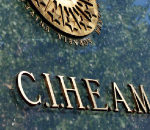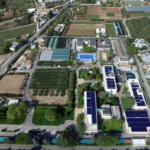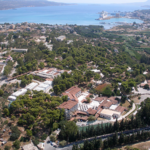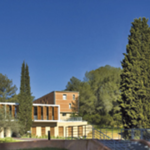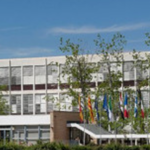MED2050 prospective evenings
CONTEXT
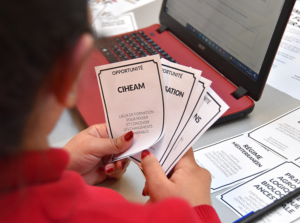 As part of the MED 2050 prospective conducted by Plan Bleu within the United Nations Mediterranean Action Plan, Denis Lacroix, a renowned foresight expert (Ifremer) is mandated by Plan Bleu to conduct interviews and collect the viewpoint of young people via three questions:
As part of the MED 2050 prospective conducted by Plan Bleu within the United Nations Mediterranean Action Plan, Denis Lacroix, a renowned foresight expert (Ifremer) is mandated by Plan Bleu to conduct interviews and collect the viewpoint of young people via three questions:
- Question 1: Starting from the situation of the Mediterranean as you perceive it in your country, your living and working environment, what are the major challenges (problems and opportunities) that you perceive for the medium (2030) and long term (2050)?
- Question 2: What visions do you have of what would be desirable or unacceptable in the possible evolutions of this region in the coming decades?
- Question 3: What ruptures or transformations are necessary to move towards your desirable vision, or avoid what you consider unacceptable in the long term?
The objective of MED 2050 is to inform policy makers, scientists and civil society for the next 15 years
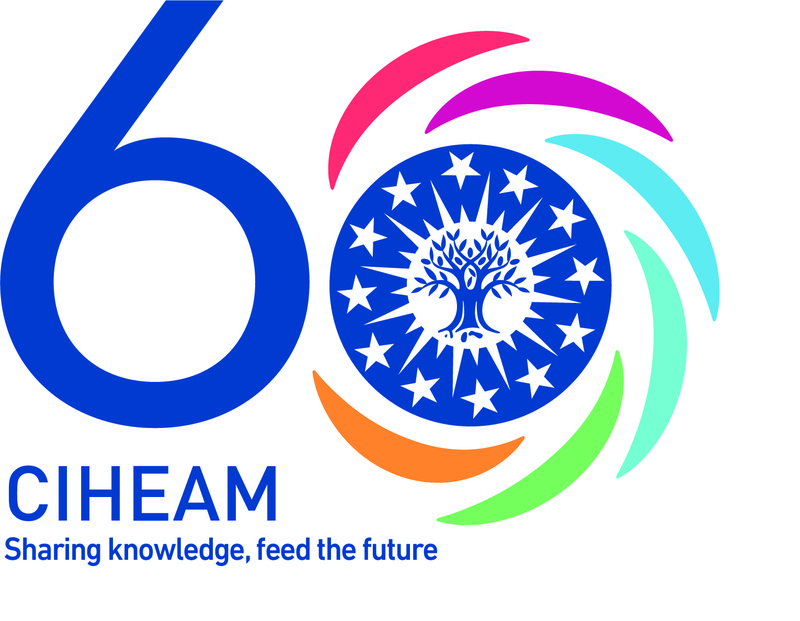 The CIHEAM proposed to question its students - actors or decision-makers of tomorrow - on their vision of the possible futures of the Mediterranean region. To do this, it has forged a partnership with the NGO Com4Dev, experienced in forecasting exercises and leading large groups, with a view to co-constructing reflections and advocacy.
This prospective exercise comes at a time when the CIHEAM is carrying out actions with and for young people in the CIHEAM ecosystem, in particular (1) to better understand the needs and aspirations of new generations and (2) to determine how to better contribute to the socio-economic integration of young people, particularly in the changing Mediterranean agri-food systems.
The CIHEAM proposed to question its students - actors or decision-makers of tomorrow - on their vision of the possible futures of the Mediterranean region. To do this, it has forged a partnership with the NGO Com4Dev, experienced in forecasting exercises and leading large groups, with a view to co-constructing reflections and advocacy.
This prospective exercise comes at a time when the CIHEAM is carrying out actions with and for young people in the CIHEAM ecosystem, in particular (1) to better understand the needs and aspirations of new generations and (2) to determine how to better contribute to the socio-economic integration of young people, particularly in the changing Mediterranean agri-food systems.
PROSPECTIVE EVENINGS
 Faced with issues that may seem beyond us, foresight opens up the possibility of imagining a desirable and desirable future. It aims to define objectives that take into account the constraints but also the opportunities to be seized, it prefigures an action plan that can influence public policies and the uses of citizens. The work of foresight makes it possible to clarify our present choices and to modify them.
Through a desirable future accelerator, students are invited to imagine the transformations or ruptures that would make it possible to act towards a realistic but engaging future.
These issues are at the heart of the theme of the 12th CIHEAM Ministerial Meeting (Morocco, Autumn 2022 TBC) and the celebrations of the 60th anniversary of the CIHEAM.
This survey exercise could also feed into ongoing reflections and help determine future positions for the CIHEAM in the areas of training, research, capacity building and partnerships.
Faced with issues that may seem beyond us, foresight opens up the possibility of imagining a desirable and desirable future. It aims to define objectives that take into account the constraints but also the opportunities to be seized, it prefigures an action plan that can influence public policies and the uses of citizens. The work of foresight makes it possible to clarify our present choices and to modify them.
Through a desirable future accelerator, students are invited to imagine the transformations or ruptures that would make it possible to act towards a realistic but engaging future.
These issues are at the heart of the theme of the 12th CIHEAM Ministerial Meeting (Morocco, Autumn 2022 TBC) and the celebrations of the 60th anniversary of the CIHEAM.
This survey exercise could also feed into ongoing reflections and help determine future positions for the CIHEAM in the areas of training, research, capacity building and partnerships.


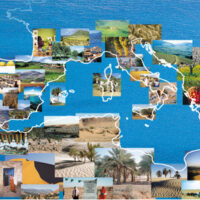 CIHEAM MontpellierOur vision is that of a Mediterranean basin characterised by a spirit of cooperation.
CIHEAM MontpellierOur vision is that of a Mediterranean basin characterised by a spirit of cooperation.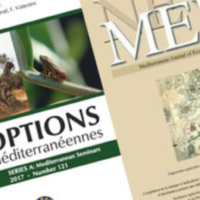 CIHEAM publicationsOur publications and communication tools aim to facilitate decision-making processes for political, economic and agricultural actors in the Mediterranean region
CIHEAM publicationsOur publications and communication tools aim to facilitate decision-making processes for political, economic and agricultural actors in the Mediterranean region News and events
News and events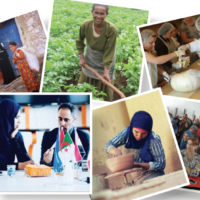 Press review (Scoop.it)
Press review (Scoop.it) Master programmesThe CIHEAM Montpellier stands for both personalised accompaniment and international openness.
Master programmesThe CIHEAM Montpellier stands for both personalised accompaniment and international openness.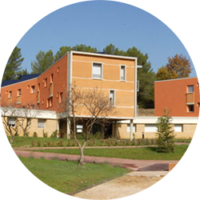 Campus & student lifeSince 1962, almost 95% of our foreign students have been granted accommodation on site.
Campus & student lifeSince 1962, almost 95% of our foreign students have been granted accommodation on site.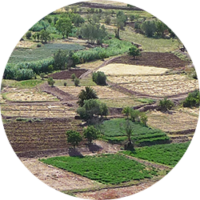 Doctoral platformShaping the scientists of tomorrow through research training… A natural commitment of the CIHEAM Montpellier
Doctoral platformShaping the scientists of tomorrow through research training… A natural commitment of the CIHEAM Montpellier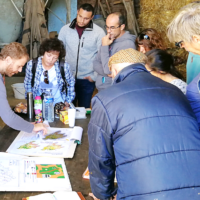 ProjectsOur research and cooperation projects are tools for inclusive development, they take into account the populations and rural and coastal territories of the Mediterranean.
ProjectsOur research and cooperation projects are tools for inclusive development, they take into account the populations and rural and coastal territories of the Mediterranean.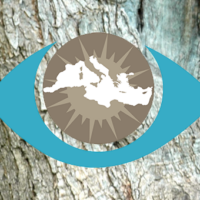 Mediterranean online catalogueA unique Documentation Center on the Mediterranean,
invested in sharing knowledge.
Mediterranean online catalogueA unique Documentation Center on the Mediterranean,
invested in sharing knowledge.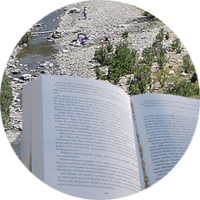 Scientific productionThe scientific production of the CIHEAM Montpellier is the fruit of collaborations by our lecturer-researchers, associated experts, students and research partners.
Scientific productionThe scientific production of the CIHEAM Montpellier is the fruit of collaborations by our lecturer-researchers, associated experts, students and research partners. Becoming partnersCreating partnerships is part of the genetic make-up of the CIHEAM Montpellier... Join one of its projects or study programmes, support its actions.
Becoming partnersCreating partnerships is part of the genetic make-up of the CIHEAM Montpellier... Join one of its projects or study programmes, support its actions.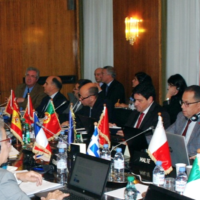 Ministerial meetingsThrough the Ministerial, CIHEAM contributes to the construction of a dialogue between the Mediterranean countries around questions relating to agriculture and the rural world.
Ministerial meetingsThrough the Ministerial, CIHEAM contributes to the construction of a dialogue between the Mediterranean countries around questions relating to agriculture and the rural world.